In the field of disaster relief and emergency response, the tools and equipment used can make a critical difference. High-quality protective cases are essential for ensuring that sensitive and vital equipment remains functional in the most challenging conditions. However, the cost of these cases often raises questions. This article addresses some of the common concerns and highlights the long-term benefits of investing in high-quality protective cases.
.png?width=1200&height=628&name=Utility-Disaster-3%20(1200x628).png)
Why are high-quality cases for disaster relief and emergency response often expensive?
High-quality cases are designed to withstand extreme conditions, offering unparalleled durability and protection. The materials used, such as Peli’s proprietary HPX™ resin, provide superior strength while being lightweight. Advanced features like watertight seals, automatic pressure equalization valves, and reinforced padlock protectors contribute to the higher cost. These cases undergo rigorous testing, including drop, vibration, and water immersion tests, ensuring they meet the demanding standards required for disaster relief operations.
How do high-quality cases justify their cost in disaster relief scenarios?
In disaster relief scenarios, the reliability of equipment is crucial. High-quality cases protect sensitive gear from water, dust, and impacts, ensuring that devices such as medical kits, communication tools, and rescue equipment remain operational. This reliability minimizes the risk of equipment failure, which can be life-saving in emergency situations. The durability of these cases also means they can be reused for multiple deployments, providing a long-term solution that justifies the initial investment.
Are there any cost-effective alternatives to high-quality cases for emergency responders?
While there are less expensive cases available, they often lack the robustness and protective features necessary for disaster relief. These alternatives may suffice for less critical applications but tend to wear out quickly under harsh conditions, leading to more frequent replacements. Investing in high-quality cases initially can save costs in the long run by reducing the need for repairs and replacements.
What are the long-term cost benefits of investing in high-quality cases for emergency response equipment?
High-quality cases, such as those from the Peli Air series, offer significant long-term cost benefits. Their superior durability means they can withstand multiple deployments, reducing the need for frequent replacements. Additionally, the protection they offer to valuable equipment prevents costly damage and ensures the readiness of emergency tools when they are needed most. The customization options, like Pick N Pluck™ foam and padded dividers, allow responders to securely organize their equipment, further enhancing efficiency and reducing the risk of damage.
Can high-quality cases for disaster relief and emergency responders be customized without significantly increasing the cost?
Yes, many high-quality cases offer customizable interiors at a reasonable cost. For instance, Peli cases provide options like Pick N Pluck™ foam, TrekPak™ dividers, and padded dividers, allowing responders to tailor the case interior to their specific needs. These customization options enhance the functionality and protection of the cases without a substantial increase in cost. Moreover, the ability to reconfigure the case for different missions adds to their versatility and value.
For disaster relief and emergency responders, the investment in high-quality protective cases is not merely about cost—it’s about ensuring the safety, reliability, and readiness of essential equipment. While these cases may come with a higher initial price tag, their durability, protective features, and customization options offer unmatched value, making them a wise investment for those in the demanding field of disaster relief.




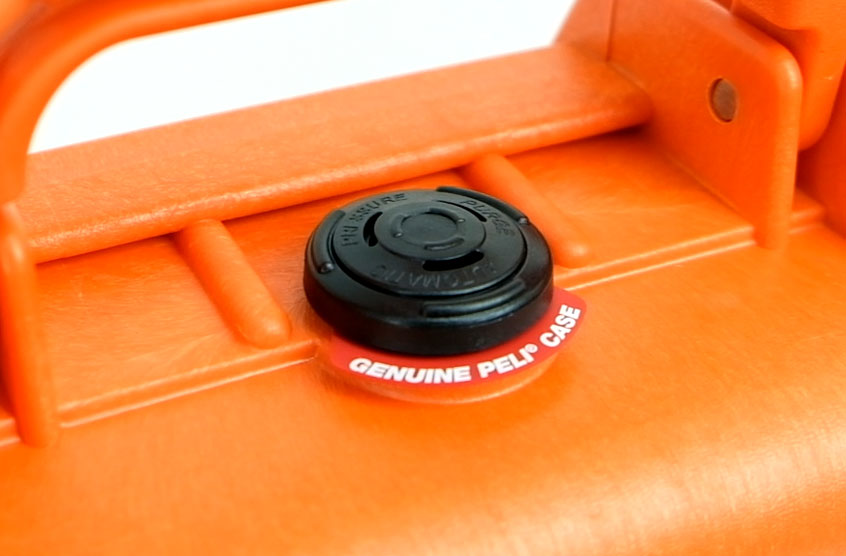
.png)





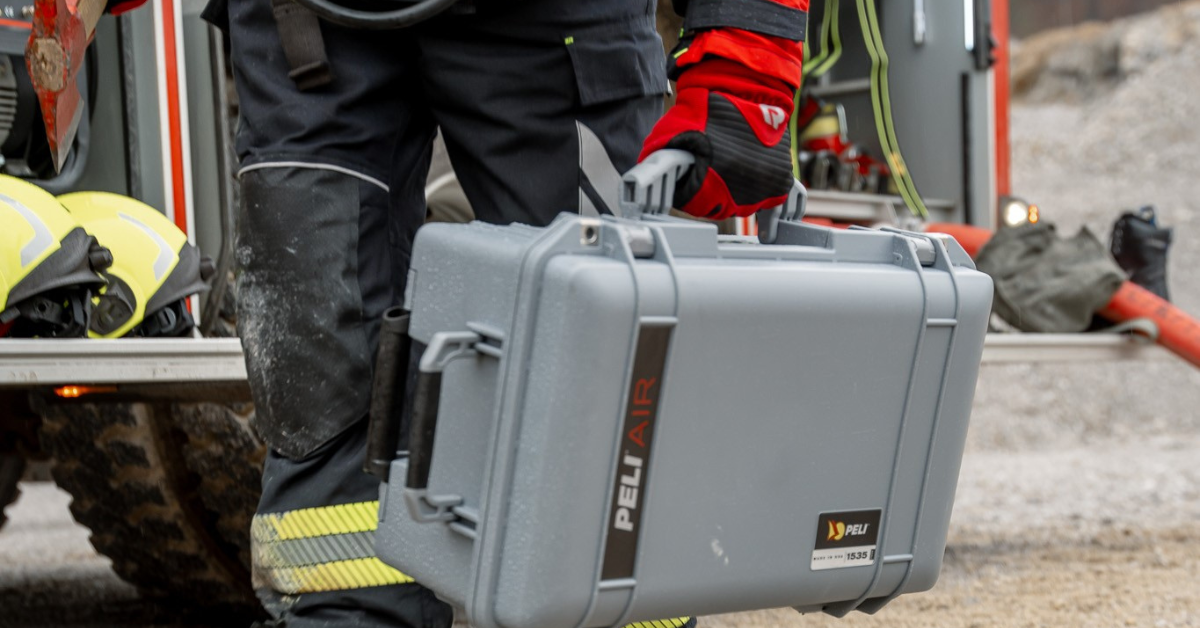
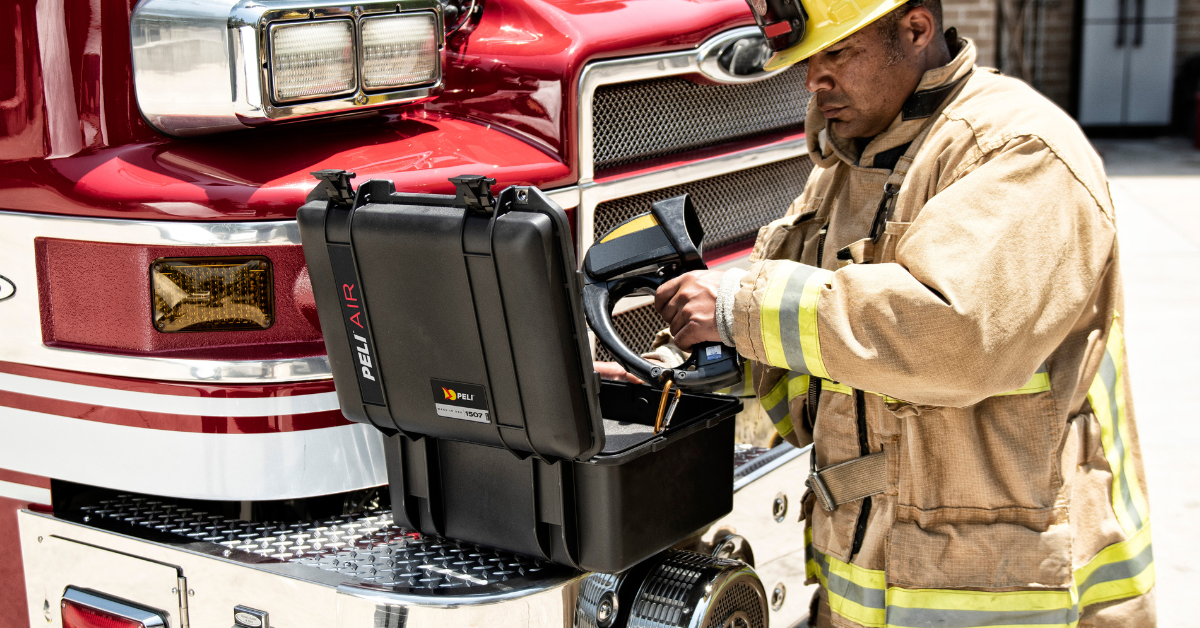
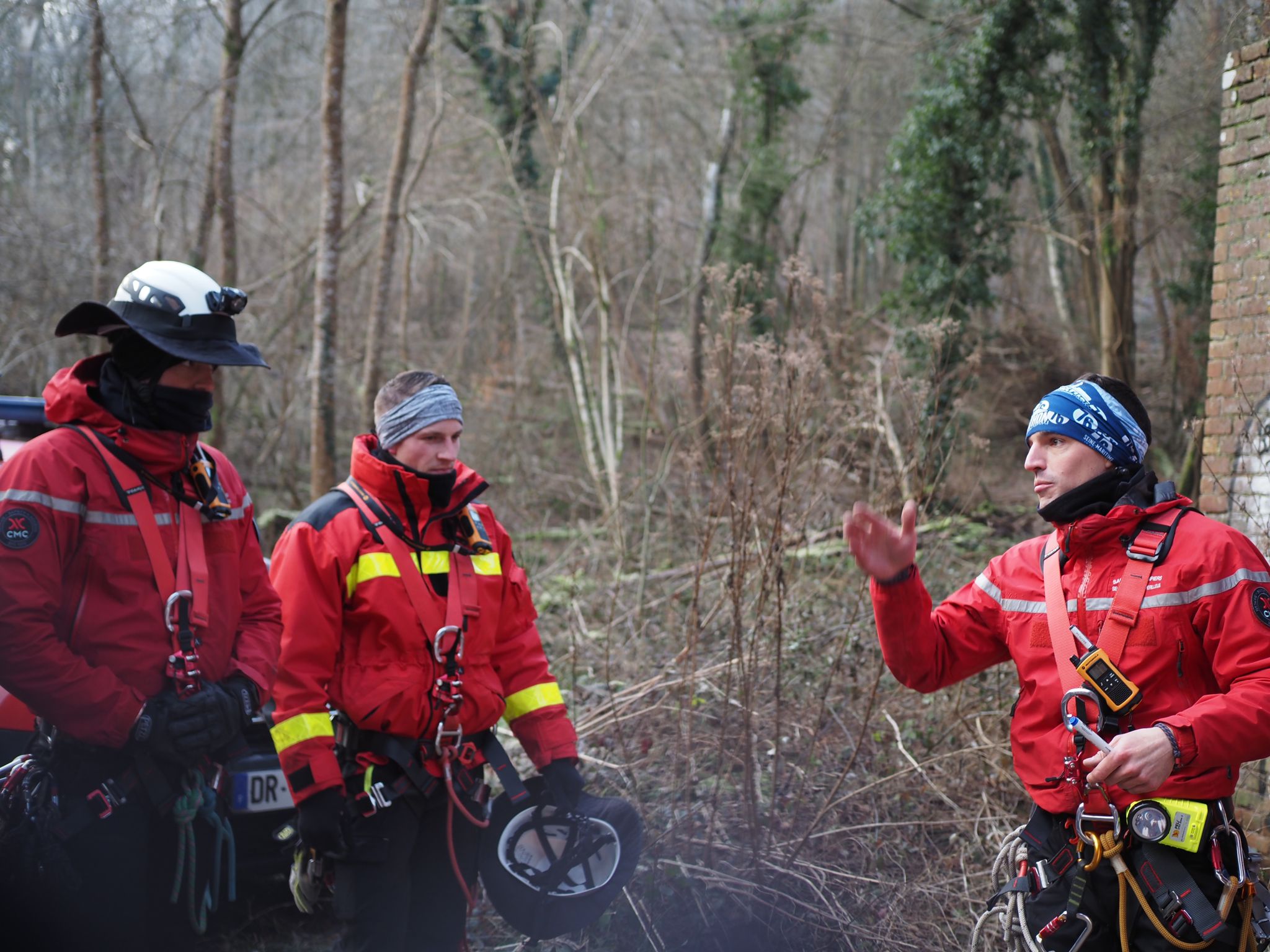
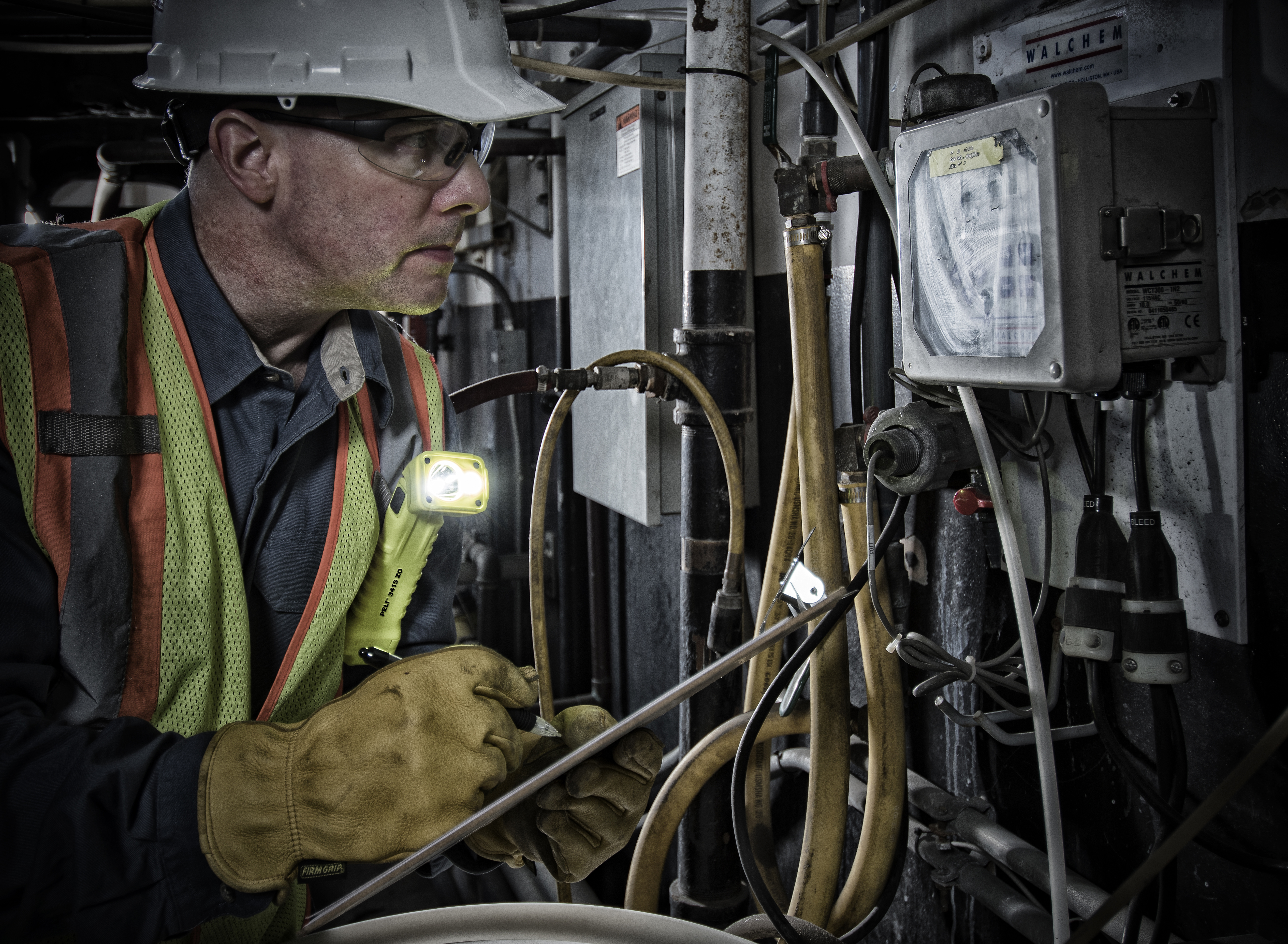
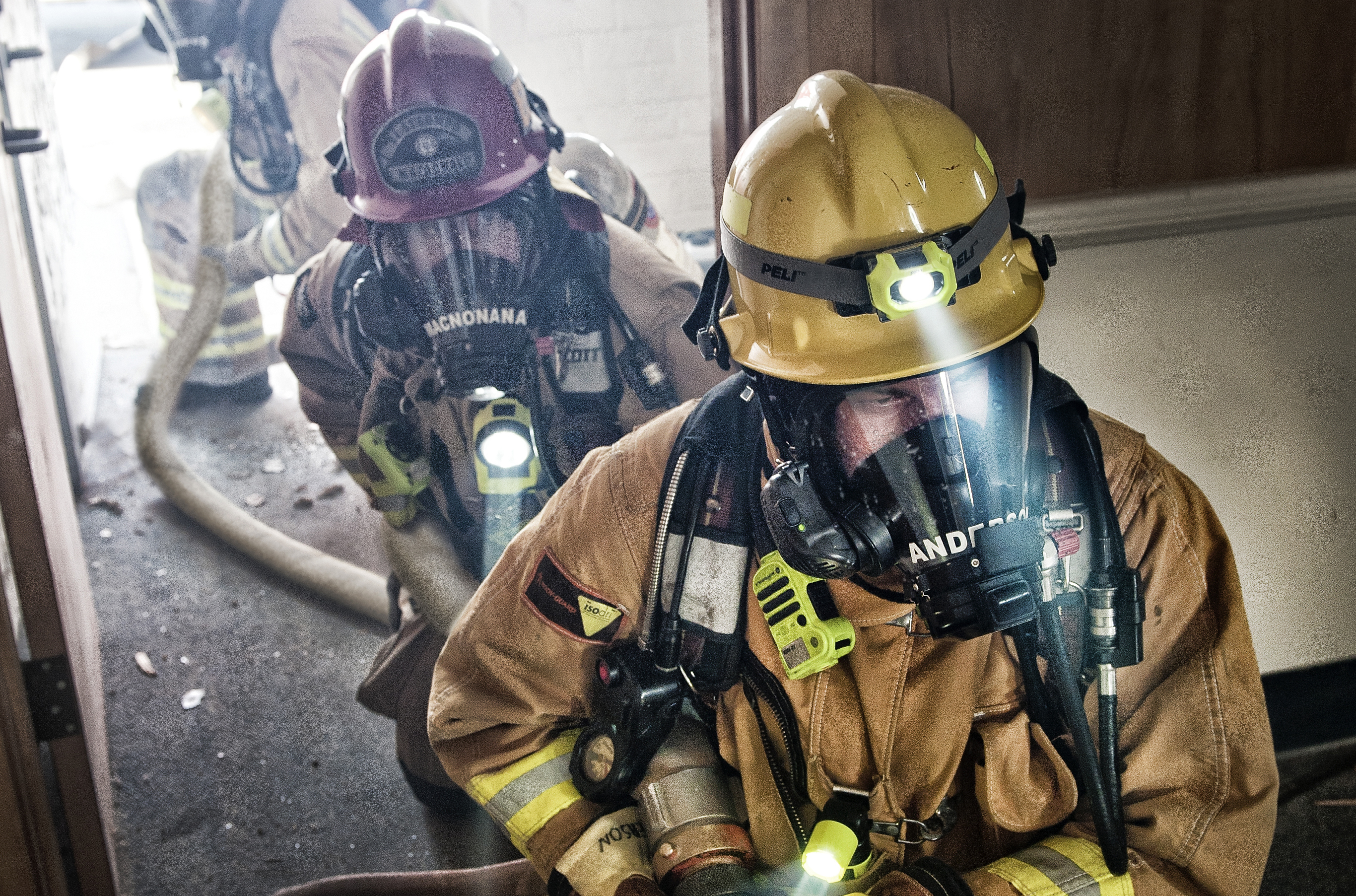

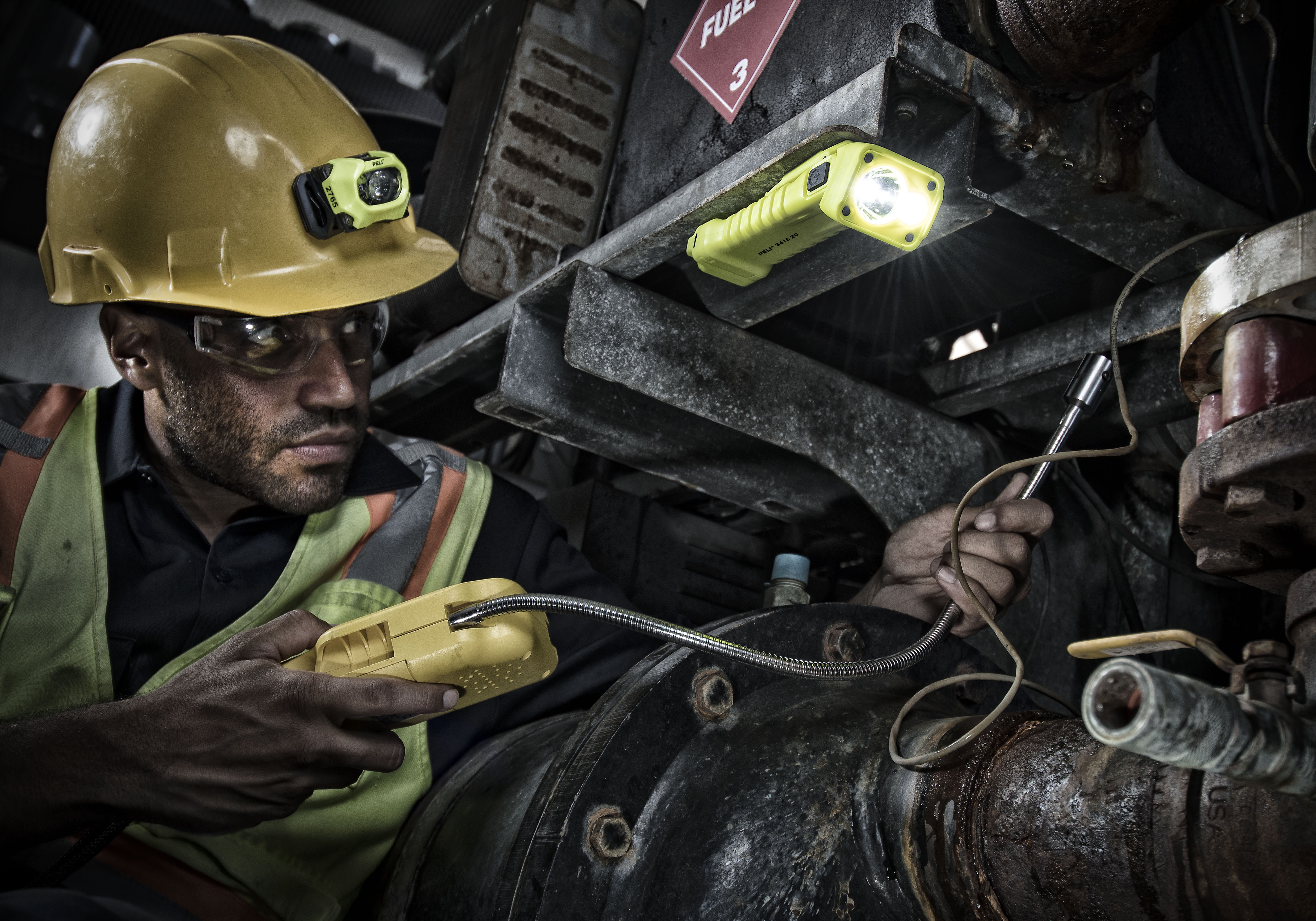

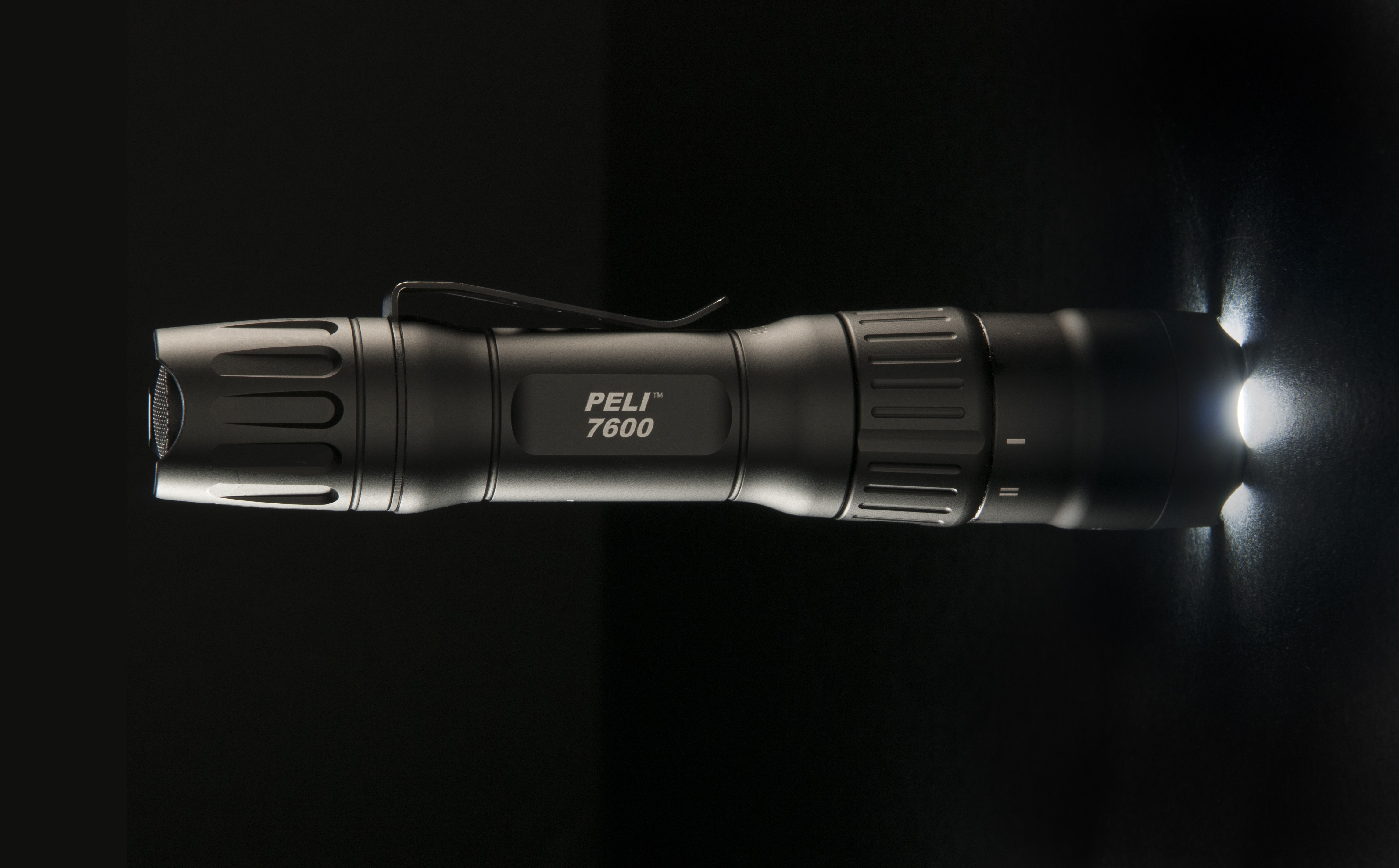
Post a comment